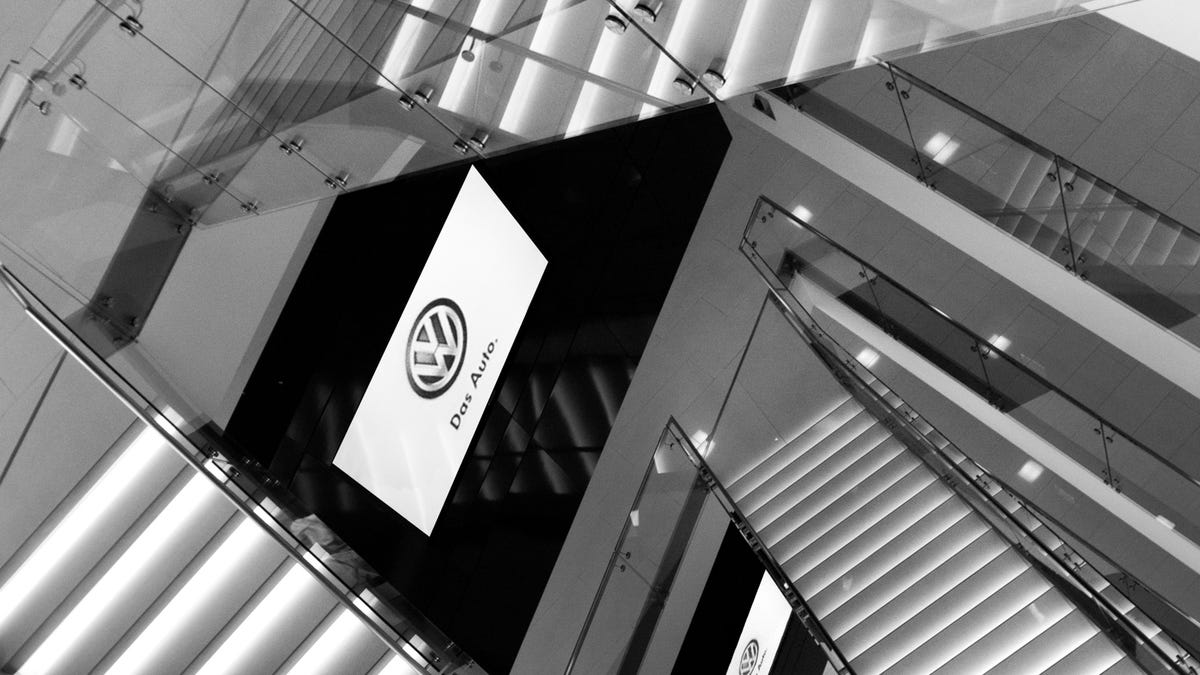What is the environmental impact of Dieselgate?
Scientists from the Netherlands crunched some numbers, and the results are a little bleak.

The scope of Volkswagen's diesel troubles, to put it bluntly, is quite large.
Around the world, millions of vehicles have been polluting beyond legal limits since at least 2009. Researchers from Radboud University in the Netherlands have attempted to quantify Dieselgate's environmental impact, and the numbers are staggering.
Published in the research journal Environmental Pollution, the study calculated damage using a metric called disability-adjusted life years. Based on a cumulative output of 520 kilotons of nitrogen oxides beyond legal limits, the researchers suggested that citizens worldwide have lost almost 45,000 combined years of healthy living as a result of illness or death.
The impact was also measured in terms of cost. According to Radboud's website, "this measure of cost reflects the rate at which an individual would trade consumption of other goods and services for small changes in her own mortality risk, given her preferences and budget constraints."
In those terms, Dieselgate's impact is measured at more than $39 billion. The study says that if the vehicles are not recalled, and continue to drive on our roads, that number will balloon to $102 billion. It is highly unlikely that Volkswagen will be asked to pay the whole sum of its environmental impact, especially when that value is the result of a single paper's work.
Volkswagen declined to comment at this time.
Volkswagen is still sifting through the mess that started in September 2015, when the company admitted to installing software meant to deceive regulators in certain diesel vehicles between 2009 and 2015.

